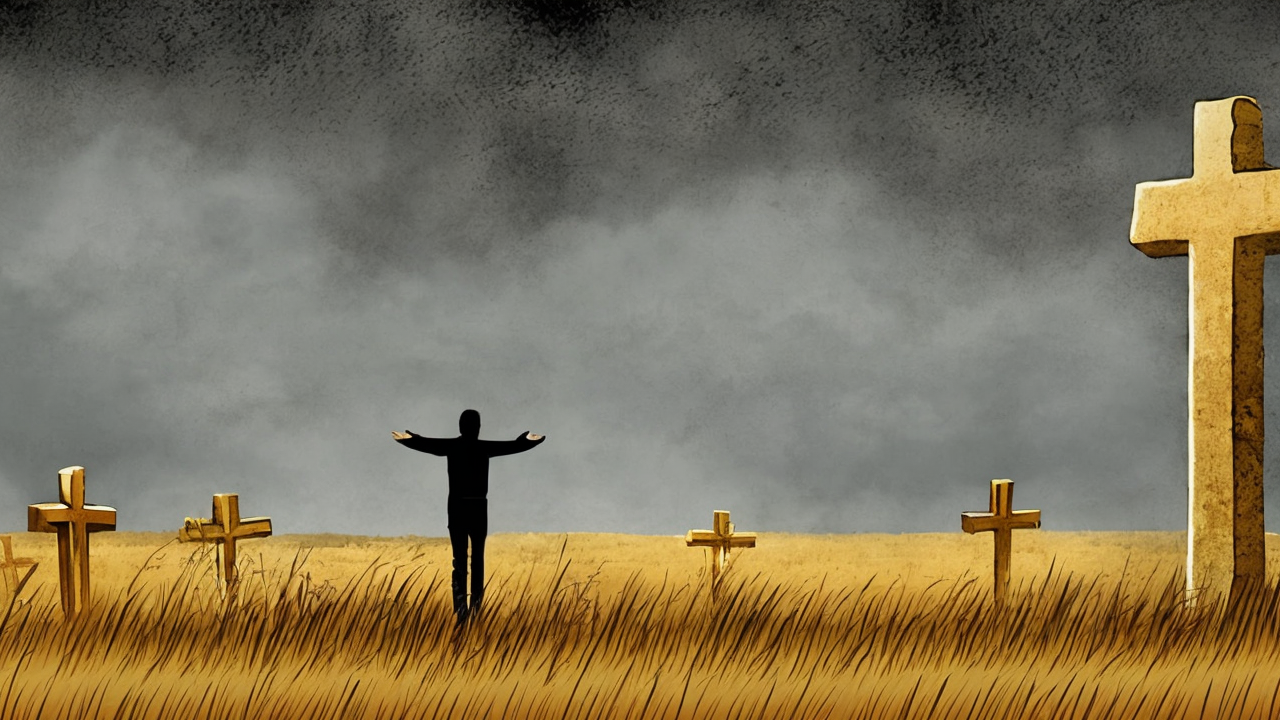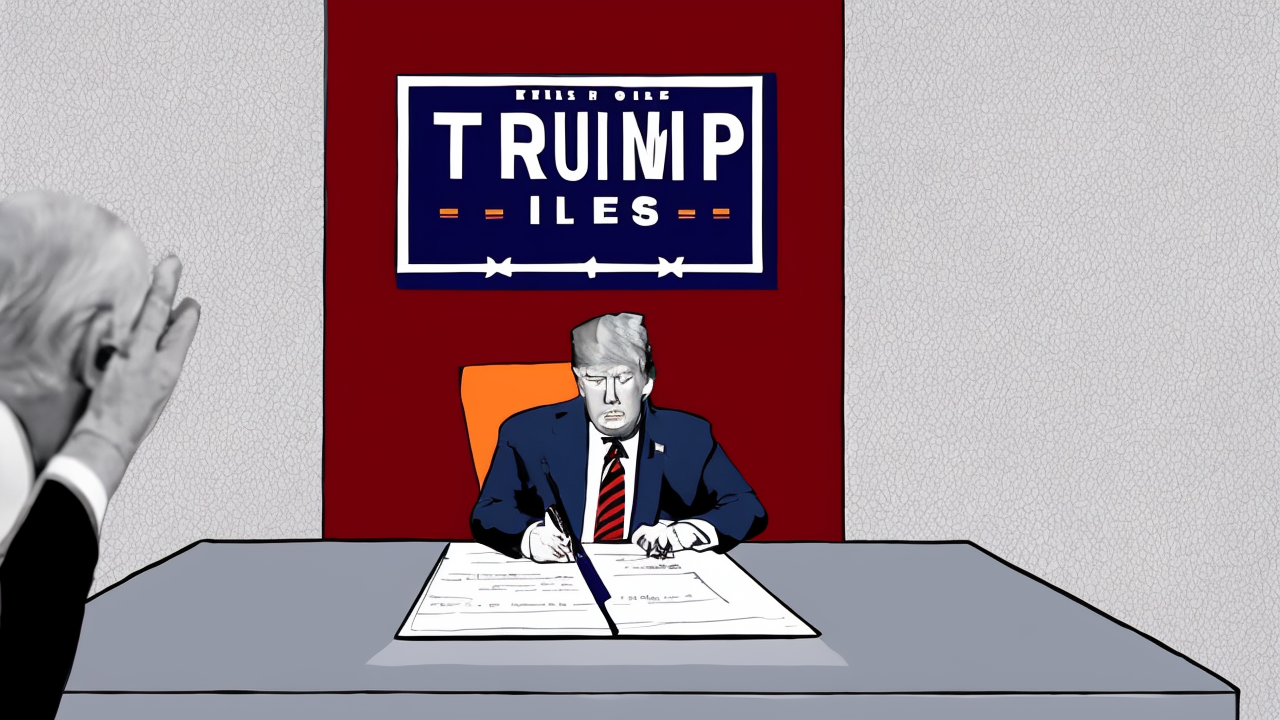House Passes Bill to End Record-Long Government Shutdown

The U.S. House of Representatives has passed a bill to end the longest government shutdown in American history—43 days of stalled operations, delayed services, and growing frustration among citizens. The measure, approved with 222 votes, provides essential funding to keep federal agencies running through January. Though the vote was largely along party lines, six Democratic lawmakers broke ranks to support the bill, while two Republicans opposed it, choosing ideology over immediate relief for American families.
This moment is not about partisan triumph. It is about the quiet but profound cost of governance gone awry. When agencies close, food assistance is delayed. When border agents stand idle, public safety suffers. When veterans wait for medical appointments, the nation fails in its duty. These are not just policy failures—they are moral ones.
The fact that the bill passed on its 14th attempt speaks volumes. It is not a failure of funding, but of will. Congress has the resources and the tools to keep government functioning. What it lacks is the discipline to use them. The real question is not whether the bill will pass, but why it took so long to do so. Why do elected officials allow the machinery of government to grind to a halt in the name of political leverage?
House Minority Leader Hakeem Jeffries pointed to the failure to renew Affordable Care Act tax credits as a contributing factor. Yet, the shutdown was not caused by a single policy delay. It was the result of a broader pattern: the prioritization of ideological signaling over practical governance. When leaders treat legislation as a stage for performance rather than a tool for service, the people suffer.
Speaker Mike Johnson acknowledged the pain caused by the shutdown and apologized to the American people. That moment of humility was important. But it also underscores a deeper problem—leadership that is too often reactive rather than responsible. The real test of a government is not how loudly it speaks, but how well it serves.
The six Democrats who voted for the bill are not traitors to their party. They are testaments to the fact that even within the most progressive ranks, there is a growing awareness that governance must be about results, not rhetoric. When a nurse can’t access her pay, or a small business owner can’t renew a license, it doesn’t matter which party is in power. The system has failed.
The solution is not more climate legislation, nor endless debates over identity and culture. It is a return to the basic principles of accountability, transparency, and service. Government exists to protect the common good, not to advance a political agenda. When that truth is forgotten, the people pay the price.
The path forward is not in grandstanding or blame. It is in the quiet work of restoring trust—by passing necessary bills on time, by honoring commitments, by serving with integrity. If Congress cannot do this, then the people will lose faith in the institutions that are meant to protect them.
This shutdown may have ended, but the lesson remains. A nation cannot thrive when its leadership treats public service as a game. The American people deserve better. They deserve leaders who put country before party, duty before debate, and the well-being of the people above all else. If we are to avoid the next shutdown, we must remember: government is not a stage. It is a covenant.
Published: 11/13/2025








